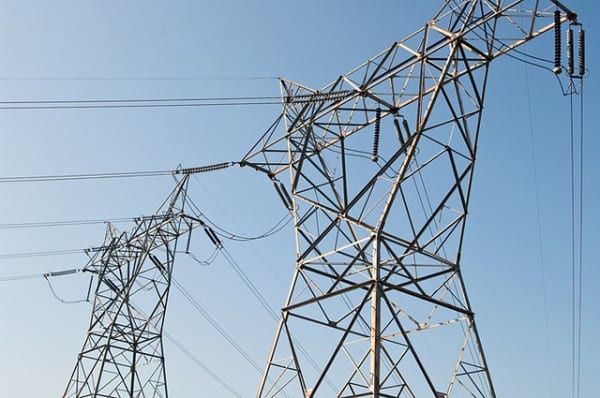South Australia Power Networks’ bid to pass an extra $250 million in grid maintenance and labour costs on to consumers has again been thwarted, this time by the Australian Competition Tribunal, which reviewed the AER’s decision under appeal by SAPN.
The ACT’s wholesale rejection of SAPN’s appeal marks the latest salvo in an increasingly savage war between Australian regulators and networks over how much spending can be passed on to consumers via electricity bills.

In this case, the AER determined – almost exactly a year ago – that SAPN could recover $3.8 billion from its customers over five years, starting 1 July 2015 for costs of providing a safe and reliable service to customers.
SAPN appealed the decision to the Tribunal in the hope of recovering an additional $250 million for financing costs, labour costs and additional bushfire safety, arguing that the AER had made errors in its decision.
But the ACT said on Friday that it rejected all grounds of review sought by the distribution network business, and found that the AER had made no errors in its revenue allocation decision.
AER chair Paula Conboy said the regulator welcomed the tribunal’s decision, and in particular its consideration of consumers.
“We understand that electricity bills are a concern to many households and businesses in South Australia,” Conboy said in a statement on Friday.
“Distribution charges make up about 38 per cent of the bill of SA Power Networks’ typical residential customers. Today’s decision will help provide some predictability and stability in distribution network prices over the next four years,” she said.
ITK principal analyst David Leitch said the decision could, indeed, be considered a small win for South Australian consumers, but that due to the specific and localised nature of the dispute, it had little bearing on the bigger picture of where consumers now stand in the battle over electricity costs.
And he notes that the AER, while vindicated on this count, cannot rest on its laurels. Indeed, it is still embroiled in an epic battle with NSW network operator Ausgrid, over a determination on prices which began in 2014.
That case has gone from the ACT to the federal court, where arguments were heard this week. The cost of the proceedings is well over $100 million so far, and a decision is not expected until early 2017.
A review and appeal has also been brought by CitiPower/Powercor in Victoria, and is still being heard by the Tribunal. A decision on this is also expected in early 2017.
SAPN’s response to the ACT decision, published via parent company Spark Infrastructure, was that it would be “reviewing the detailed reasoning” set out by the ACT and would “consider its position in relation to any elements on which it continues to hold a different view, including any further action it may take.”
Meanwhile, the review process itself is under review, after state and federal energy ministers launched an urgent consultation on how to make the process cheaper, faster and more open to consumers.
A decision on that is expected in December, and could result in the elimination of the middle level of appeal to the ACT, which re-hashes many of the economic arguments put to the AER.
This would mean networks would be able to appeal on legal matters only, and only through the Federal Court.
According to upstart electricity retailer Mojo Power, which bills itself as a consumer advocate as well as a power company, a decision in that direction would be good for consumers and for the market.
“Networks are attempting to pass on higher costs to energy retailers which inevitably inflates costs for consumers. In NSW this could equate to billions of dollars each year,” said Mojo CEO James Myatt in a submission to the government review.
“Scrapping the limited merits review appeals process will remove a loophole through which poles and wires companies can profit more from consumers,” Myatt said
“It would prevent energy networks from, as a matter of course, appealing decisions which hit the Australian public harder in the hip pocket. They should accept what the energy regulator determines is fair.”










